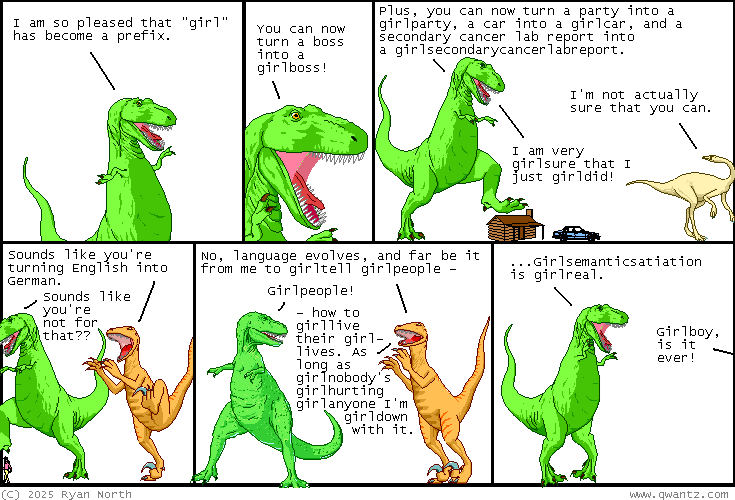Analogy of the week
From Dan Fagin, "We Can Now Track Individual Monarch Butterflies. It’s a Revelation.", NYT :
For the first time, scientists are tracking the migration of monarch butterflies across much of North America […]
The breakthrough is the result of a tiny solar-powered radio tag that weighs just 60 milligrams and sells for $200. […]
Most monarchs weigh 500 to 600 milligrams, so each tag-bearing migrator making the transcontinental journey is, by weight, equivalent to a half-raisin carrying three uncooked grains of rice.
Read the rest of this entry »



